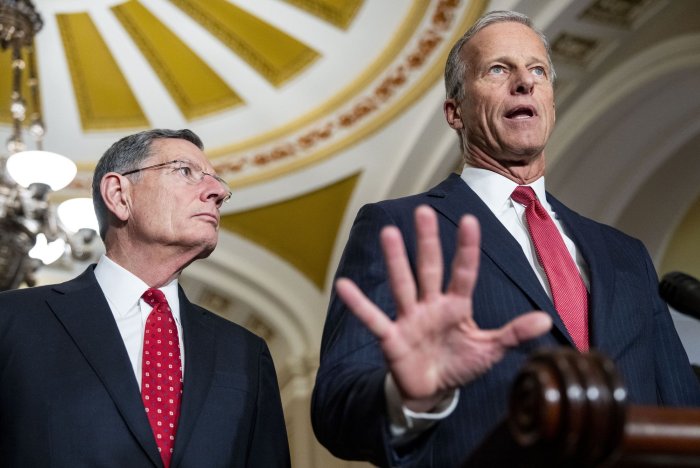Lee approval rating rises to 63%, Gallup says

South Korean President Lee Jae-myung speaks during the National Startup Era Strategy Meeting to discuss strategies to nurture startups at the main building of the Cheong Wa Dae presidential office in Seoul, South Korea, 30 January 2026. File. Photo by YONHAP / EPA
Feb. 13 (Asia Today) — South Korean President Lee Jae-myung’s approval rating rose 5 percentage points from the previous week to 63%, marking his highest level this year, according to a poll released Thursday by Gallup Korea.
The survey of 1,003 adults nationwide, conducted Monday through Wednesday, found that 63% of respondents said Lee was “doing well” in handling state affairs.
Those who said he was “doing poorly” fell 3 percentage points to 26%, while 11% said they had no opinion.
Among reasons for positive evaluations, “economy and people’s livelihoods” ranked highest at 16%, followed by “real estate policy” at 11% and “foreign affairs” at 10%.
For negative evaluations, “real estate policy” and “economy and people’s livelihoods” were each cited by 15% of respondents. “Foreign affairs” accounted for 9%, while 7% cited concerns about “authoritarian leadership.”
Regionally, approval was highest in Gwangju and South Jeolla Province at 81%, followed by Daejeon, Sejong and South Chungcheong Province at 69%. Support stood at 63% in Busan, Ulsan and South Gyeongsang Province, 62% in Incheon and Gyeonggi Province and 58% in Seoul. Daegu and North Gyeongsang Province recorded the lowest approval at 49%.
By age group, support was strongest among respondents in their 40s at 75%, followed by those in their 50s at 70%, 30s at 66% and 60s at 65%. Approval among those 70 and older was 57%, while respondents ages 18 to 29 showed the lowest support at 39%.
Support for the Democratic Party rose 3 percentage points from the previous week to 44%, while backing for the People Power Party fell 3 percentage points to 22%.
The poll was conducted via telephone interviews using randomly selected mobile virtual numbers. It had a margin of error of plus or minus 3.1 percentage points at a 95% confidence level. The contact rate was 40.4% and the response rate was 13.3%.
— Reported by Asia Today; translated by UPI
© Asia Today. Unauthorized reproduction or redistribution prohibited.
Original Korean report: https://www.asiatoday.co.kr/kn/view.php?key=20260213010005002


